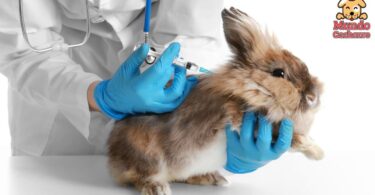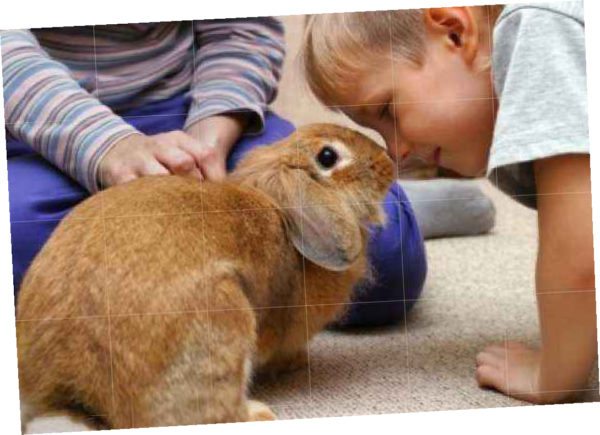Birds with calcium deficiency may show some common symptoms that will help you detect this condition. While veterinary advice is essential to ensure that your winged pet remains in good health, knowing some symptoms will let you know if something out of the ordinary is going on with it.
Indice
It is important to know that calcium is an essential mineral for the proper functioning of birds. However, calcium deficiency may be common among domestic fowl. Deficiency of this mineral can range from mild to severe.
Birds with calcium deficiency
The following is a list of possible symptoms in birds with calcium deficiency:
- Bone fractures. Calcium is essential for bone health. Therefore, a calcium deficiency can lead to problems in the development and strength of the birds’ bones. They may present bone fractures more easily or develop skeletal deformities.
- Egg laying. This mineral is necessary for the formation of the eggshell. Birds with calcium deficiencies may have difficulty producing eggs with strong shells. That is, they may lay eggs with soft shells or have egg retention inside the body.
- Weakness. Calcium also plays an important role in muscle contraction. A calcium deficiency can cause muscle weakness in birds, which can lead to difficulties in flying, moving or even breathing properly.
- Fragile feathers. Calcium is necessary for proper growth and development of the feathers. Birds with calcium deficiency may present fragile, brittle or malformed feathers. They may also lose feathers more frequently than normal.
- Behavior. When calcium deficiency is severe, birds may show behavioral changes. Occasionally they may become lethargic, depressed or show signs of pain. They may also lose their appetite.
While the symptoms may be related to calcium deficiency, they may also be indicative of other problems. That is why it is important to consult a veterinarian, who will be able to give you a precise diagnosis, as well as the appropriate treatment.
Prevention
To avoid calcium deficiency in your pet, the most important thing is to provide birds with a balanced diet and also calcium supplements. This will help ensure that the birds receive the correct amount of calcium to stay healthy.
For example, include calcium-rich products such as crushed eggshells, dark green leafy vegetables (such as spinach and chard) and calcium-fortified foods specifically formulated for poultry in their diet.
Regarding calcium supplements, it is recommended that you seek the advice of your veterinarian to indicate the doses you should give to the bird. Another recommendation is that the bird should have sufficient exposure to sunlight. Remember that vitamin D is essential for proper calcium absorption in birds. It is therefore necessary to provide them with regular access to direct sunlight. You can also use artificial lighting with UVB lamps to help them synthesize vitamin D naturally.
Image courtesy of https://pixabay.com, all rights reserved.







